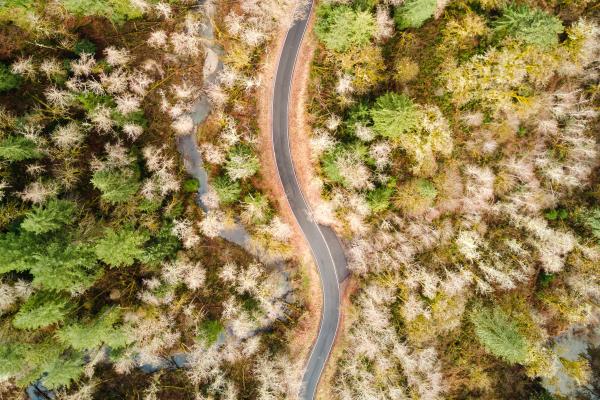Jun 12, 2019
As I was growing up in an evangelical church, one of my pastors’ favorite scriptures to use to wake up a congregation and remind us to keep going was the “run-the-race” scripture. In Hebrews 12, we are instructed to “run with perseverance the race marked out for us, fixing our eyes on Jesus, the pioneer and perfecter of faith.” But I was never a runner — or, in fact, had any athletically inclined bone in my body — and I desperately needed a different metaphor, something that I felt would teach me to carry on my faith in a sustainable way.
Read the Full Article

Already a subscriber? Login
